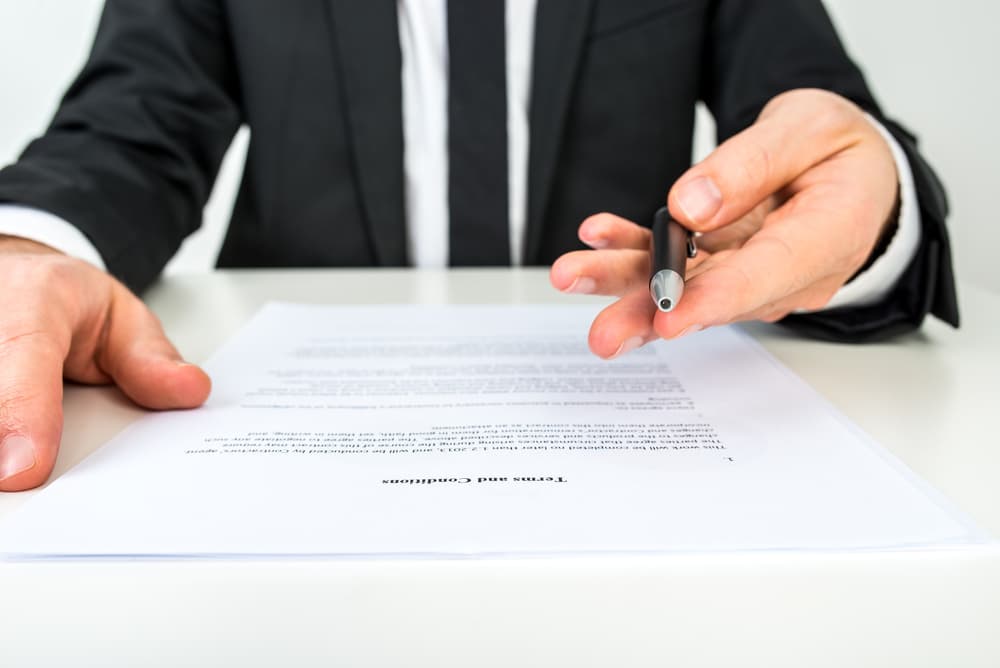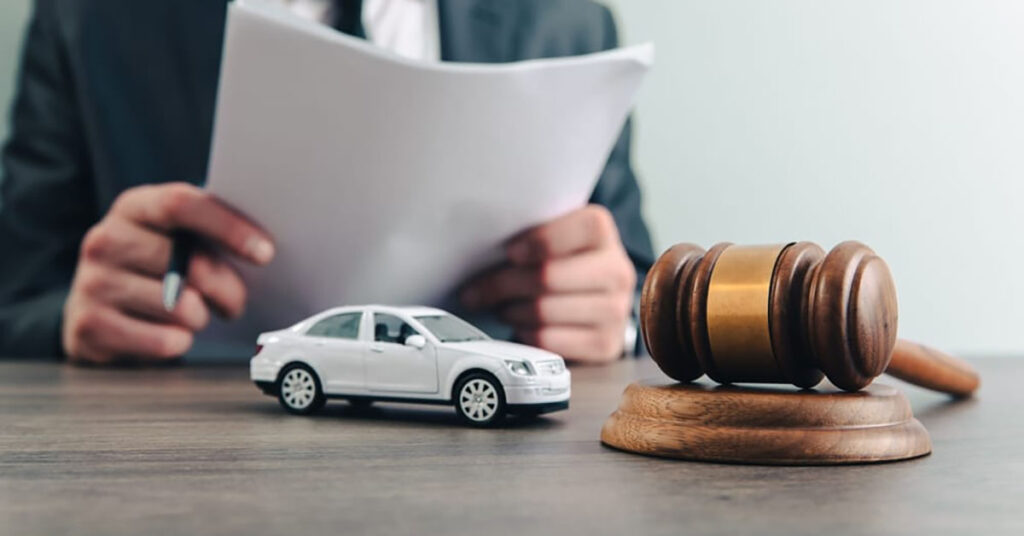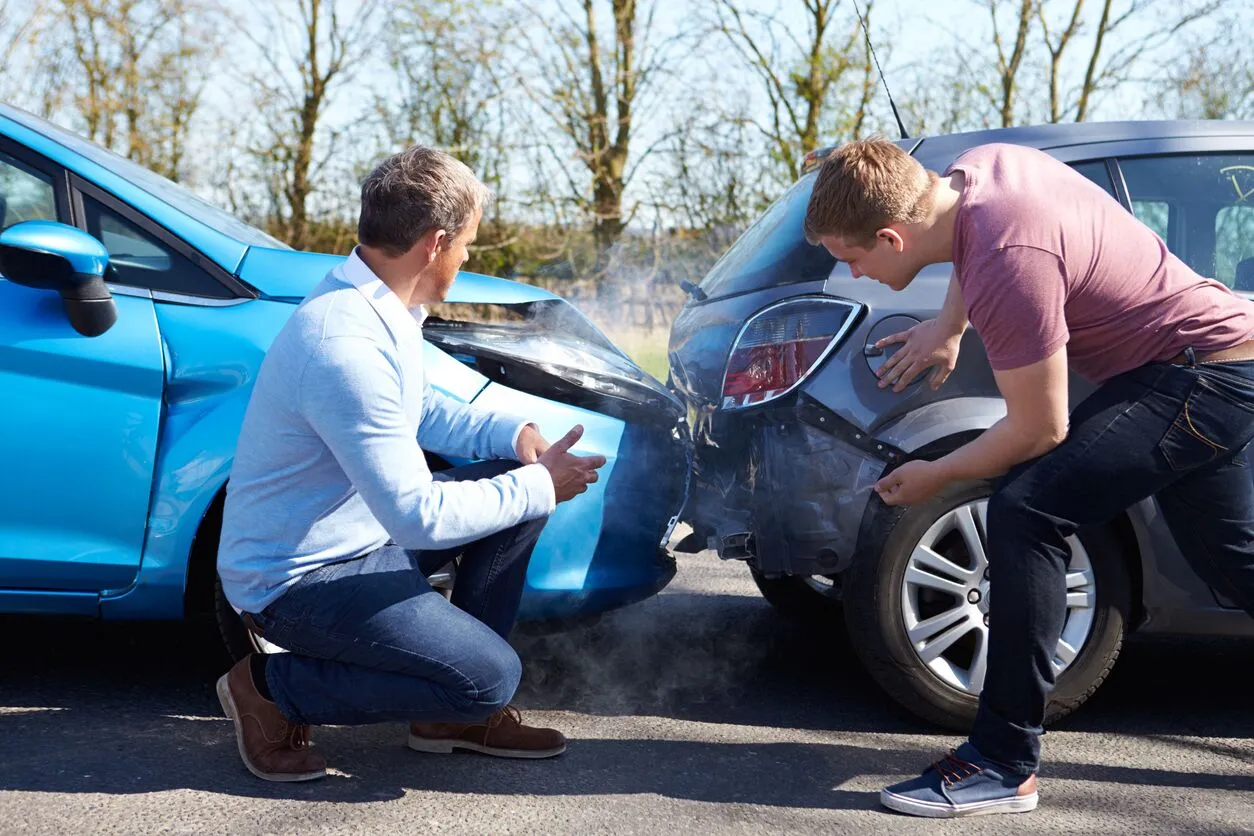Being involved in a car accident without insurance can be a daunting experience. Not only are you dealing with potential injuries and vehicle damage, but the legal complexities can add to the stress. However, all hope is not lost. With the right legal guidance, you can navigate this challenging situation effectively.
In this article, we’ll explore seven powerful strategies to help you win your case even if you don’t have insurance coverage. Additionally, we’ll discuss how to find the right lawyer and understand the associated costs, ensuring you make informed decisions during this critical time.
1. Understanding the Legal Implications of Driving Without Insurance

Driving without insurance is illegal in many jurisdictions and can lead to severe penalties, including fines, license suspension, and even jail time. However, the absence of insurance doesn’t automatically mean you’re at a disadvantage in a legal dispute.
A qualified car accident no insurance lawyer can help you understand your rights and obligations under the law. They can assess the specifics of your case, including the circumstances of the accident and the laws in your area, to develop a strategy that protects your interests.
2. The Role of a Car Accident No Insurance Lawyer
A specialized lawyer brings expertise in handling cases involving uninsured drivers. Their role includes:
- Assessing Liability: Determining who is at fault in the accident and the extent of their responsibility.
- Negotiating Settlements: Engaging with insurance companies and other parties to reach a fair settlement.
- Representing You in Court: If necessary, representing you in legal proceedings to ensure your rights are upheld.
By leveraging their knowledge and experience, a skilled lawyer can significantly improve your chances of a favorable outcome.
3. 7 Effective Strategies to Strengthen Your Case
3.1. Gather Comprehensive Evidence
Collecting detailed evidence is crucial. This includes:
- Photographs: Take clear photos of the accident scene, vehicle damage, and any visible injuries.
- Witness Statements: Obtain contact information and statements from witnesses who can corroborate your account.
- Medical Records: Keep detailed records of any medical treatments received following the accident.
This evidence can serve as the foundation of your case, providing tangible support for your claims.
3.2. Document All Communications
Keep a record of all communications related to the accident, including:
- Correspondence with Insurance Companies: Save emails, letters, and notes from phone conversations.
- Legal Documents: Retain copies of any legal notices or documents you’ve received.
- Personal Notes: Maintain a journal detailing your experiences and any impacts the accident has had on your life.
This documentation can help establish a timeline and demonstrate the steps you’ve taken to address the situation.
3.3. Understand Comparative Fault Laws
In some jurisdictions, comparative fault laws may apply, meaning that even if you’re partially at fault, you may still be entitled to compensation. A knowledgeable lawyer can explain how these laws apply to your case and help you navigate the complexities involved.
3.4. Explore Alternative Compensation Options
Even without insurance, there may be other avenues for compensation, such as:
- Personal Injury Protection (PIP): In some areas, PIP coverage may be available regardless of fault.
- Uninsured Motorist Coverage: If the other driver is uninsured, you may be able to file a claim under their policy.
- State Assistance Programs: Some states offer programs to assist uninsured drivers in certain situations.
Your lawyer can help identify and pursue these options to maximize your compensation.
3.5. Consider Settlement Negotiations

Settling out of court can be a viable option to avoid lengthy legal proceedings. Your lawyer can negotiate on your behalf to reach a fair settlement that compensates you for your losses while minimizing potential penalties.
3.6. Prepare for Trial
If a settlement isn’t possible, preparing for trial becomes necessary. This involves:
- Building a Strong Case: Presenting compelling evidence and arguments to support your position.
- Expert Testimony: Engaging experts who can testify on your behalf regarding accident reconstruction, medical evaluations, or other relevant matters.
- Legal Strategy: Developing a strategy that aligns with the laws and procedures of your jurisdiction.
Your lawyer will guide you through this process, ensuring you’re well-prepared for court.
3.7. Maintain Open Communication with Your Lawyer
Throughout the legal process, maintaining open and honest communication with your lawyer is essential. Keep them informed of any developments and promptly provide any requested information. This collaboration can enhance the effectiveness of your legal representation.
4. Understanding Lawyer Fees for Car Accident Cases
Legal fees can vary depending on the complexity of the case and the lawyer’s experience. Common fee structures include:
- Contingency Fees: The lawyer receives a percentage of the settlement or award if you win the case.
- Hourly Rates: You pay the lawyer for the time spent working on your case.
- Flat Fees: A fixed amount for handling specific aspects of the case.
It’s important to discuss fee structures upfront and ensure you understand the costs involved before proceeding.
5. Choosing the Right Lawyer for Your Case

Selecting the right lawyer is crucial to the success of your case. Consider the following when making your choice:
- Experience: Look for a lawyer with experience in handling car accident cases, particularly those involving uninsured drivers.
- Reputation: Research the lawyer’s reputation through reviews, testimonials, and professional associations.
- Communication: Choose a lawyer who communicates clearly and promptly, keeping you informed throughout the process.
- Compatibility: Ensure you feel comfortable working with the lawyer and that they understand your goals and concerns.
Taking the time to choose the right lawyer can make a significant difference in the outcome of your case.
6. Conclusion
While facing a car accident without insurance can be challenging, it’s important to remember that you’re not without options. By understanding the legal implications, employing effective strategies, and working with a qualified lawyer, you can navigate a car accident without insurance situation and work towards a favorable resolution.
If you’re seeking professional assistance, consider reaching out to My Insurance Guider, a trusted resource for guidance and support in insurance-related matters.
Note: This article is intended for informational purposes only and does not constitute legal advice. Consult with a qualified attorney for advice regarding your specific situation.



